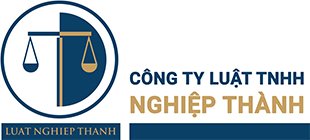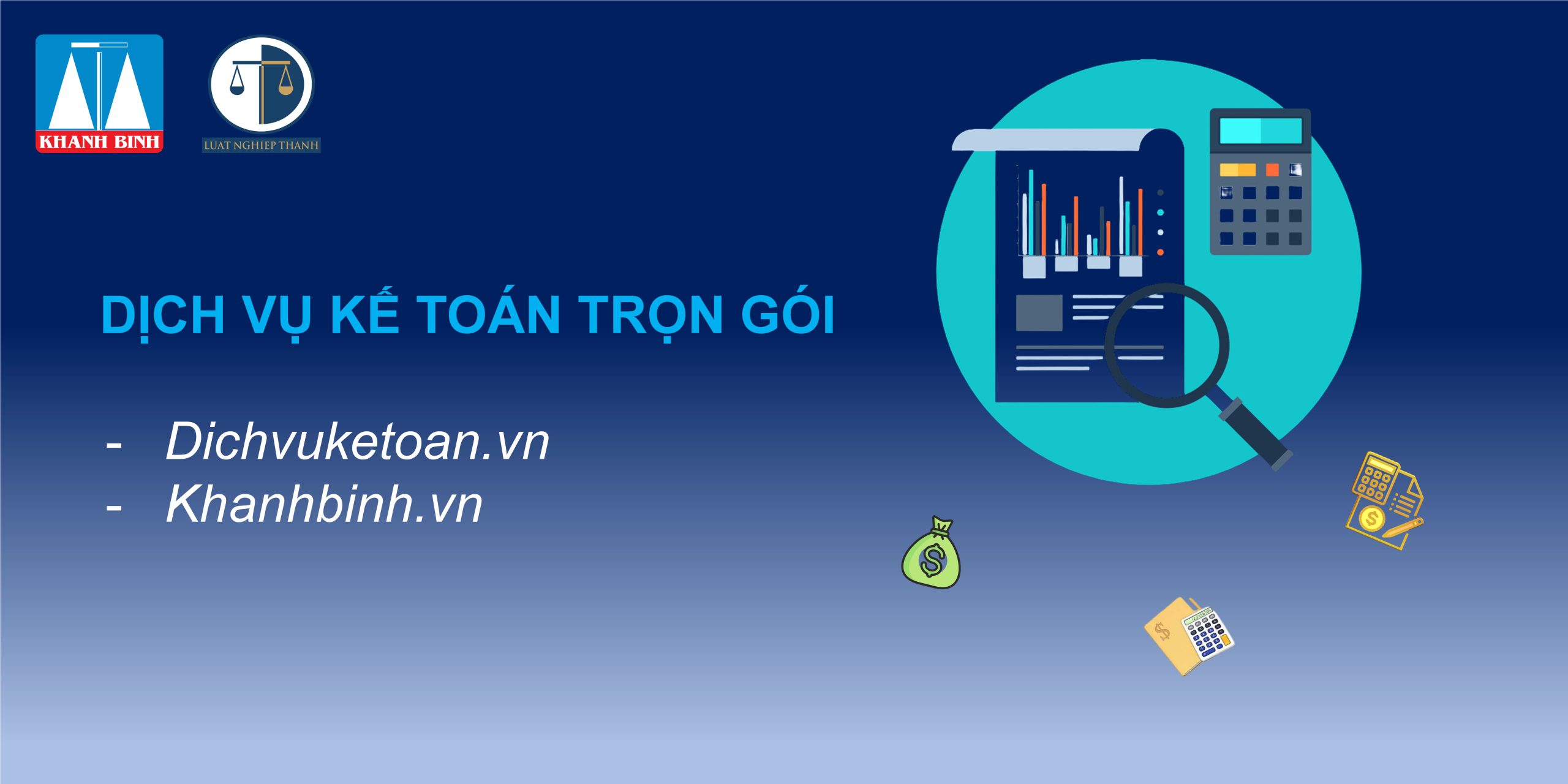The scale of fines for selling shares “under the counter” in Viet Nam

The scale of fines for selling shares “under the counter” in Viet Nam

The original article The scale of fines for selling shares “under the counter” in Viet Nam
The stock market has lately witnessed many big bosses committing rent-seeking by buying and selling shares “under the counter”[1] without reporting, causing frustration for many investors and exposing hidden risks. So what does the law prescribe for this conduct? Nghiep Thanh Law would like to help you figure it out through the following article.
1. What is “selling shares under the counter”?
First of all, the current Vietnamese law does not have a concept called “bán chui cổ phiếu” (translated as “selling shares under the counter”). That is the everyday spoken language that shows the founding shareholders and relevant people buying and selling shares without registering for trading at least 03 working days in advance[2].
At least 03 working days before the transaction date, founding shareholders holding restricted shares must send a report to the State Securities Commission, Viet Nam Securities Depository and Clearing Corporation, public company, securities investment fund management company. For shares listed or registered for trading, the report must be sent to the Stock Exchange.[3]
If transferring to a person who is not a founding shareholder, the transferor must submit a resolution of the General Meeting of Shareholders as an addition.
After receiving the report on the change in the share ownership ratio of the founding shareholders, within 03 working days, the public company, the securities investment fund management company shall publish it on the website of the company.[4]
On the other hand, when shareholders of a public company want to offer shares to the public, they must register with the State Securities Commission, except for the following cases:[5]
– Offering shares to the public to convert a State-owned enterprise or one-member limited liability company with 100% charter capital held by the State-owned enterprise, the public non-business unit is converted into a joint-stock company.
– Selling shares under a legally effective judgment or decision of the Court, under an arbitration decision, or upon bankruptcy, insolvency, etc.
Accordingly, it can be understood that if shareholders of a company or insiders sell shares without notifying and publishing information, or registering for transactions with the State Securities Commission, it will be considered as selling shares under the counter.
2. The scale of fines for selling shares under the counter
The act of not reporting the expected transaction according to the actual trading value of shares calculated at par value as follows:[6]
|
Transaction value |
Scale of fines |
| VND 50 million – under VND 200 million | VND 05 million – VND 10 million |
| VND 200 million – under VND 400 million | VND 10 million – VND 20 million |
| VND 400 million – under VND 600 million | VND 20 million – VND 40 million |
| VND 600 million – under VND 01 billion | VND 40 million – VND 60 million |
| VND 01 billion- under VND 03 billion | VND 60 million – VND 100 million |
| VND 03 billion- under VND 05 billion | VND 100 million – VND 150 million |
| VND 05 billion – under VND 10 billion | VND 150 million – VND 250 million |
| VND 10 billion or more | 3-5% of the actual trading value of securities |
If the violation has a higher fine than the maximum fine, the maximum fine will be 10 times the illegal income for organizations and 05 times the illegal income for individuals.
In case there is no illegal income, the maximum fine in the field of securities is VND 3 billion for organizations and VND 1.5 billion for individuals.
Readers may refer to The transfer of contributed capital in a joint-stock company in Viet Nam
Readers may refer to Legal consequences of virtual capital increase in VietNam
The content above is the entire article on “Penalties for selling shares “under the counter” in Viet Nam”.
If you find the article useful, let’s spread the knowledge to the Community by clicking “Share” this article.
Nghiep Thanh Law thank you for reading and sharing. We look forward to receiving your feedback and suggestions.
Translator: Le Khanh Linh
Content writer: Bui Thi Nhu
Instructor: Nguyen Linh Chi
Admin: Lawyer Thuan
[1] This phrase refers to things that are sold or purchased in a secret and (sometimes) illegal way.
[2] Article 33.1.(a) Circular 96/2020/TT-BTC.
[3] Article 32.1 Circular 96/2020/TT-BTC.
[4] Article 32.3 Circular 96/2020/TT-BTC.
[5] Article 16 Law on Securities 2019.
[6] Article 33 Decree 156/2020/ND-CP is amended and supplemented by Article 1.27 Decree 128/2021/ND-CP.
Views: 26



